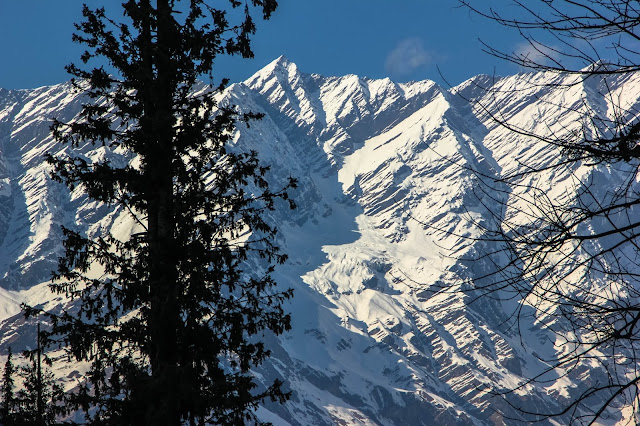Delayed snowfall in Himachal an alarming rare occurrence not witnessed since 2007, spells concern for tourism & agriculture industries

- Delight for tourists visiting Himachal as PWD restores Dalhousie-Khajjiar road - February 11, 2024
- Mukesh Repswal, 2015 batch IAS officer, takes charge as Chamba Deputy Commissioner, has served as district ADC earlier - February 7, 2024
- Three houses, anganwadi gutted in Chamba district’s Chachul village - February 4, 2024
The Newz Radar
CHAMBA: The picturesque mountains of Himachal Pradesh are anxiously awaiting snowfall this January, marking a rare occurrence not witnessed since 2007. The absence of precipitation has led to drought-like conditions in the plains, impacting natural water sources and raising concerns for various sectors in the region.
Chamba district, encompassing Holi, Bharmour, Churah and Dalhousie, used to be blanketed in white during January, but it finds itself for snowfall this winter. The dearth of chilling hours required for the flowering of apple plants in January adds to the challenges faced by the region.
Dalhousie, a renowned tourist destination in Chamba, has experienced a significant decline in tourism business due to the lack of snowfall. While the area was bustling with tourists during New Year and Christmas, the absence of snow in January has led to a drop in hotel occupancy to around 20 per cent. Senior citizen Ashok Mahajan expressed astonishment at witnessing such weather conditions in Dalhousie after many years.
Apart from impacting tourism, the scarcity of snowfall is causing natural water sources to dwindle. In Chamba’s tribal areas of Bharmour and Holi, and even in Bhattiyat, farmers face difficulties due to the lack of rain. Apple growers, including Sobhiya Ram, voice concerns about the adverse effects on apple plants, which are not receiving the necessary chilling hours.
Despite earlier predictions by the Meteorological Department hinting at rain and snowfall on January 8 and 9, Chamba district remains devoid of such weather developments. If precipitation continues to elude the region in the coming days of January, farmers, apple growers, and the tourism industry may encounter heightened challenges, potentially leading to substantial losses. The situation raises anxieties about the overall well-being of the region’s economy and ecology.




